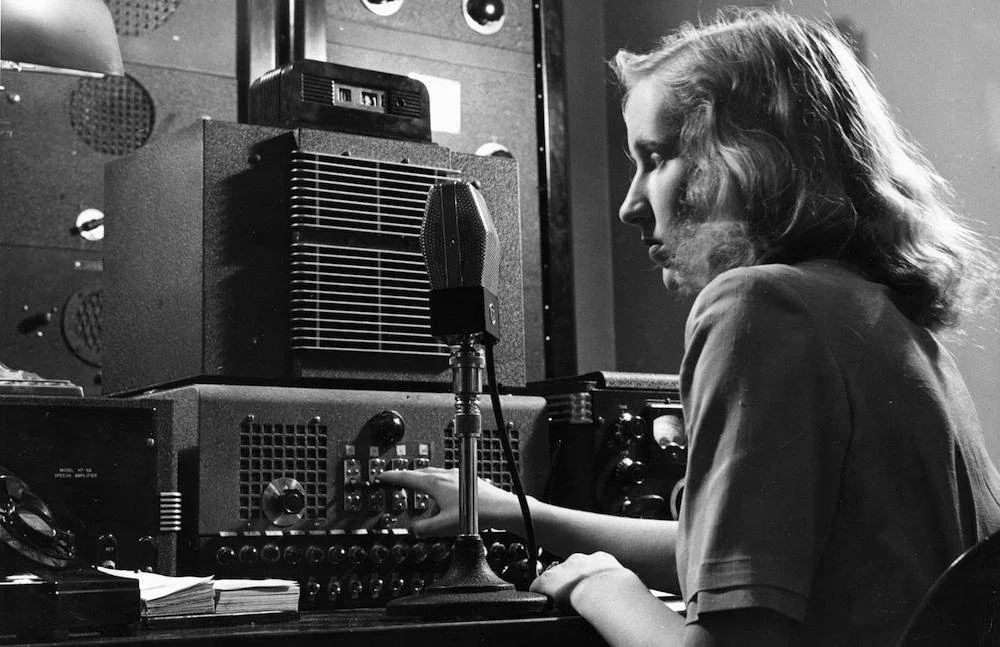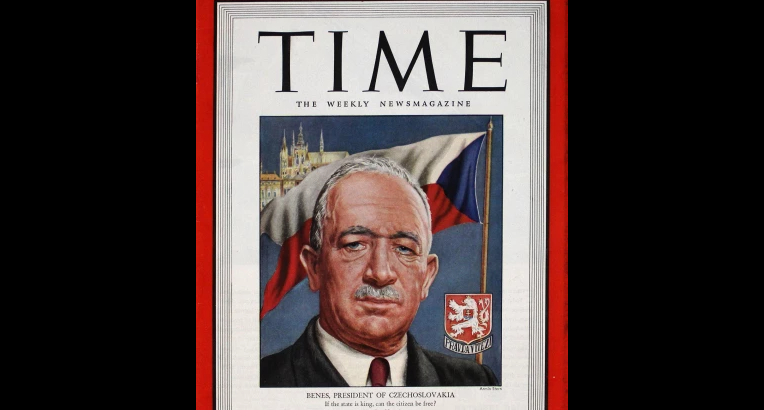Radio and its revolutionary effect were felt in Czechoslovakia just as it was in the rest of the world. It began with the first broadcasts, occurring before World War I, into the first Czech-produced program in late 1919. Of course, as radio technology progressed and advanced, its use as a medium for propaganda grew more and more robust. Despite its use in propaganda, radio also served as a tool to disseminate important information about the nation and the world at-large.
Czech Cottage Culture
Karlovy Vary Film Festival
The Karlovy Vary International Film Festival, or KVIFF, hosts about 200 films from around the world and is the oldest film festival. Located in Karlovy Very, Czech Republic, the film festival is held annually in July and is the most prestigious festival in Central and Eastern Europe, boasting a popular feature film competition.
Božena Hauserová (1914 - 2009)
Božena Hauserová was a lawyer turned CIA operative for the United States to help fight against Germany during the World War. She and her husband, Charles Lauwers, moved to the United States in 1941 after hearing news of the war, after which she enlisted, following her husband. In 1944, she participated in Operation “Sauerkraut,” where she’d spread rumors, provide fake orders, and pass around discouraging leaflets, all to spread propaganda among German soldiers. Her work was a success, being declassified after her death in 2009.
Czech Beer : A Brief History
From the Brevnov Monastery to the modern-day Pilsner, the Czech people have been enjoying beer for over a thousand years. Known as the beer of tradition, Czech beer is ingrained into history itself. When beermaking was banned. the Brenov Monastery, as the first-ever Bohemian brewery, was exempt. Initially, after the ban on brewing ended, only noble families or homeowners were allowed to brew beer. It was in 1842 that the famous Pilsner was created.
Edvard Beneš (28 May 1884 - 3 September 1948)
Edvard Beneš was born in Kozlany, Bohemia during the Austro-Hungarian Empire’s rule, but by October 14, 1918, he lived in a different nation, as the empire collapsed in place of the then-new Czechoslovakia. He served as the council chairman for the League of Nations to support the balance of powers in Eastern Europe, creating the “Little Entente.” Eventually, Beneš would succeed Masaryk as the Czechoslovakian president, faced with the threat of Germany, and the rest is history.
The Czech Response to the American Civil Rights Movement
The American Civil Rights Movement became a method of propaganda against the United States to gain support and sympathy from non-socialist states. The Czechoslovakian government would invite activists to the nation so that communism would be promoted, including singer Paul Robeson, who would sing at the Prague Spring classical music festival in 1949. Between the 1960s and 1980s, Czechoslovakia continued to push communism in African nations, broadcasting the benefits of communism and what it would provide to Africans.
Frantiska Plaminkova
Františka Plamínková, founder of the National Council of Women, was a trailblazer in feminism and women's rights. Her fight for women's suffrage and self-personhood was a long one, beginning in 1903 with the Czech Women's Club. Sadly, she was one of many executed by the Nazis in retaliation to Reinhard Heydrich's assassination. Milada Horakova continued Plamínková's work.









